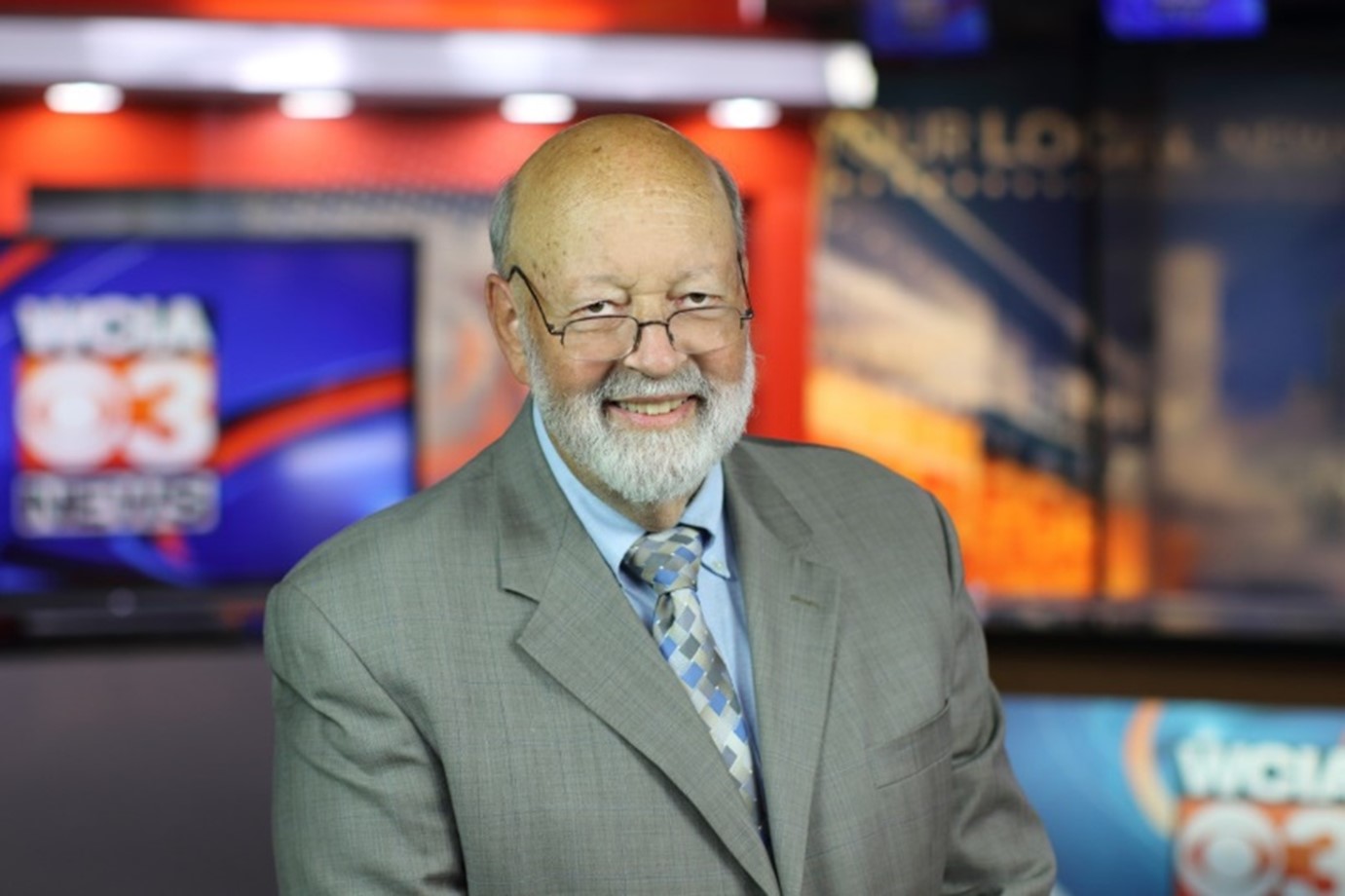 “I fully intended to farm after I graduated from college and spent time in the Army. However, the untimely death of my father ended that dream as I approached active duty and the farm operation had to be terminated. But since he was the smartest man in the world, and he had told me to get an education in something else, in case I could not farm, I headed into farm broadcasting once I was discharged,” said Stu Ellis (WHOW, Decatur, Illinois).
“I fully intended to farm after I graduated from college and spent time in the Army. However, the untimely death of my father ended that dream as I approached active duty and the farm operation had to be terminated. But since he was the smartest man in the world, and he had told me to get an education in something else, in case I could not farm, I headed into farm broadcasting once I was discharged,” said Stu Ellis (WHOW, Decatur, Illinois).
“A short term at WITY (Danville, Illinois) dove-tailed into a 16-year stint at WSOY (Decatur, Illinois), where management allowed me to cover agriculture from six different continents. But WSOY was sold to someone who could see no reason for someone to only report on agriculture. And that began a checkered career that kept me in service to agriculture, but outside the broadcast industry,” Ellis said.
“Several years were spent in marketing for the American Soybean Association, where NAFB Allied Industry Council Member Hugh Whaley was a fixture. Then several years followed at Illinois Farm Bureau, where my educational offerings helped farmers make more money and stay out of jail. Then a transfer to the University of Illinois Extension began a 24-year career in publishing a weekly farm management newsletter to boost reader profitability (still my weekend enterprise).
“After some short-term jobs surrounding agricultural education, information, and the like, I delivered a short daily farm piece for a Decatur television station. Out of the blue, a call from the manager told me I was no longer wanted, but he would not say why,” Ellis said.
“When the line went dead, I called WCIA (television) in Champaign, Illinois, and asked if they needed a farm broadcaster. Within a short time, I was doing morning farm reports every day for the dominant TV signal in central Illinois.
“If the WCIA broadcast pattern was an individual state, it would be the fifth-largest corn growing state and the sixth-largest soybean growing state in the nation. WCIA had a great farm audience, and agriculture in the region was diverse, which made the job at WCIA a capstone for a bald and grey-bearded farm broadcaster,” Ellis said.
“When a new station manager arrived and wanted to visit because he had respect for agricultural programming on television, we reviewed the various programs I was doing, and he asked what else I would like to do.
“The light of opportunity quickly came on, and I recommended a half-hour weekly farm show focused on the WCIA broadcast area. He said we could start with that, but other Nexstar stations need agricultural programming, and once a good format for a weekly program is in place, it would be offered to other stations,” Ellis explained.
“While the additional travel to cover events and meetings is a downside, the upside is explosive opportunity. And here I thought my two-minute reports on the Decatur station were the epitome for a former radio farm broadcaster. I am now blessed with great folks with whom I work, a dream job, and a bigger capstone on a 50-year career helping farmers make more money and stay out of jail.”
